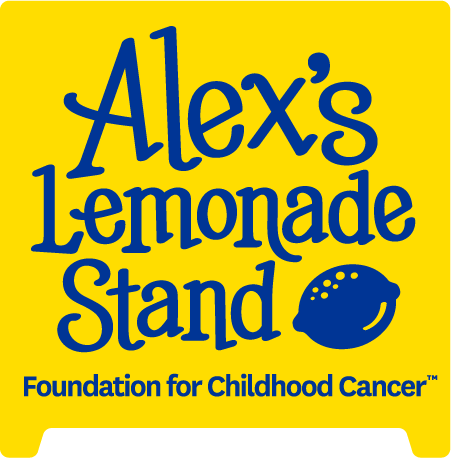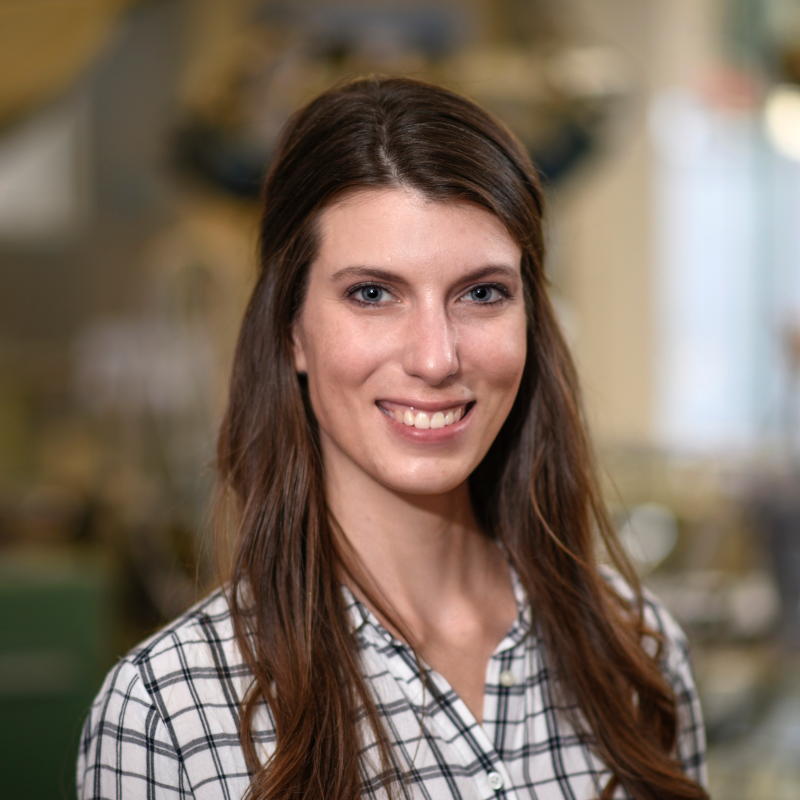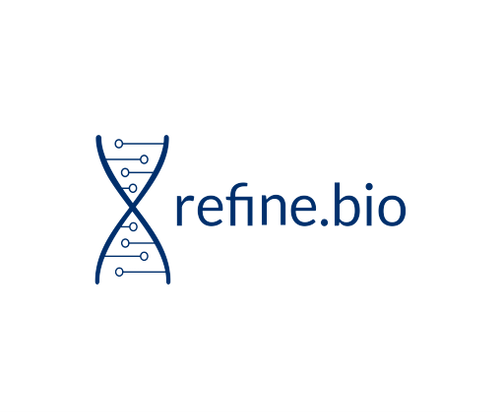Accelerating the Pace of Childhood Cancer Research with Big Data

The Childhood Cancer Data Lab was established by Alex’s Lemonade Stand Foundation (ALSF) in 2017. ALSF recognized that pediatric cancer researchers face hurdles that impede the pace of research.
ALSF introduced the Data Lab to empower researchers and scientists across the globe by removing roadblocks, supporting opportunities for collaboration and sharing, and developing resources to accelerate new treatment and cure discovery.
The Data Lab's mission is to empower pediatric cancer experts poised for the next big discovery with the knowledge, data, and tools to reach it. We construct tools that make vast amounts of data widely available, easily mineable, and broadly reusable. We train researchers and scientists to better understand their own data and to advance their work more quickly.
To date, the Data Lab has trained over 200 childhood cancer researchers and has harmonized over 1.3 million data samples and made them easily available. Learn more about the Data Lab’s impact here.

Projects
The Data Lab develops tools designed to make data and analysis widely available and broadly reusable.
Data Science Workshops
The Data Lab offers workshops to teach researchers the data science skills they need to examine their own data. Our courses focus on the most cutting edge tools and analysis techniques. We ensure that participants walk away with an understanding of:
- The R programming language, R Notebooks, and some reproducible research practices.
- Processing bulk and single-cell RNA-seq data from raw all the way to downstream analyses.
- Downstream analyses methods like differential expression analyses, hierarchical clustering, and preparing publication-ready plots.
“I think anyone who is working on or near single-cell data should take this course. I am so much more confident in what I understand about single-cell analyses compared to where I was at the beginning. 10/10 recommend.”

Donate
Make a donation to support the Data Lab’s mission of putting knowledge and resources in the hands of pediatric cancer experts poised for the next big discovery.
With your help, we can

Fund innovative models to scale training workshops.

Offer our expertise and provide consultation on projects that will change the future for children fighting cancer.

Train at least 200 childhood cancer researchers over the next four years.
Blog
So you recently did some single-cell RNA sequencing and are working on analyzing your data. You’ve already quantified the gene expression data, performed any filtering, and normalized your data, but now what? You know you want to perform differential expression analysis or that you need to annotate the cell types found in your data, but there are so many different tools and methods for performing these analyses. How do you know which one is the best method for your dataset? Don’t worry, we’ve all been there – even experts in the single-cell field have been there.
The Open Single-cell Pediatric Cancer Atlas (OpenScPCA) is an open, collaborative project to analyze data from the Single-cell Pediatric Cancer Atlas (ScPCA) Portal, which currently holds over 500 samples from over 50 pediatric cancer types. OpenScPCA uses an open contribution model designed to allow experts worldwide to contribute and rapidly share the results of analyses in real time. The project was officially launched in April 2024.
In March 2022, we launched the Single-cell Pediatric Cancer Atlas (ScPCA) Portal to make uniformly processed single-cell and single-nuclei RNA-Seq data widely available to the childhood cancer research community. Initially, all data available on the Portal was generated through grants funded by Alex’s Lemonade Stand Foundation (ALSF) as part of the ScPCA project. But enabling access to ALSF-funded data was just the beginning of our vision.Sharing is key to ensuring the Portal’s continued growth. Our sights were set on allowing more pediatric cancer researchers to contribute data to the ScPCA Portal.



